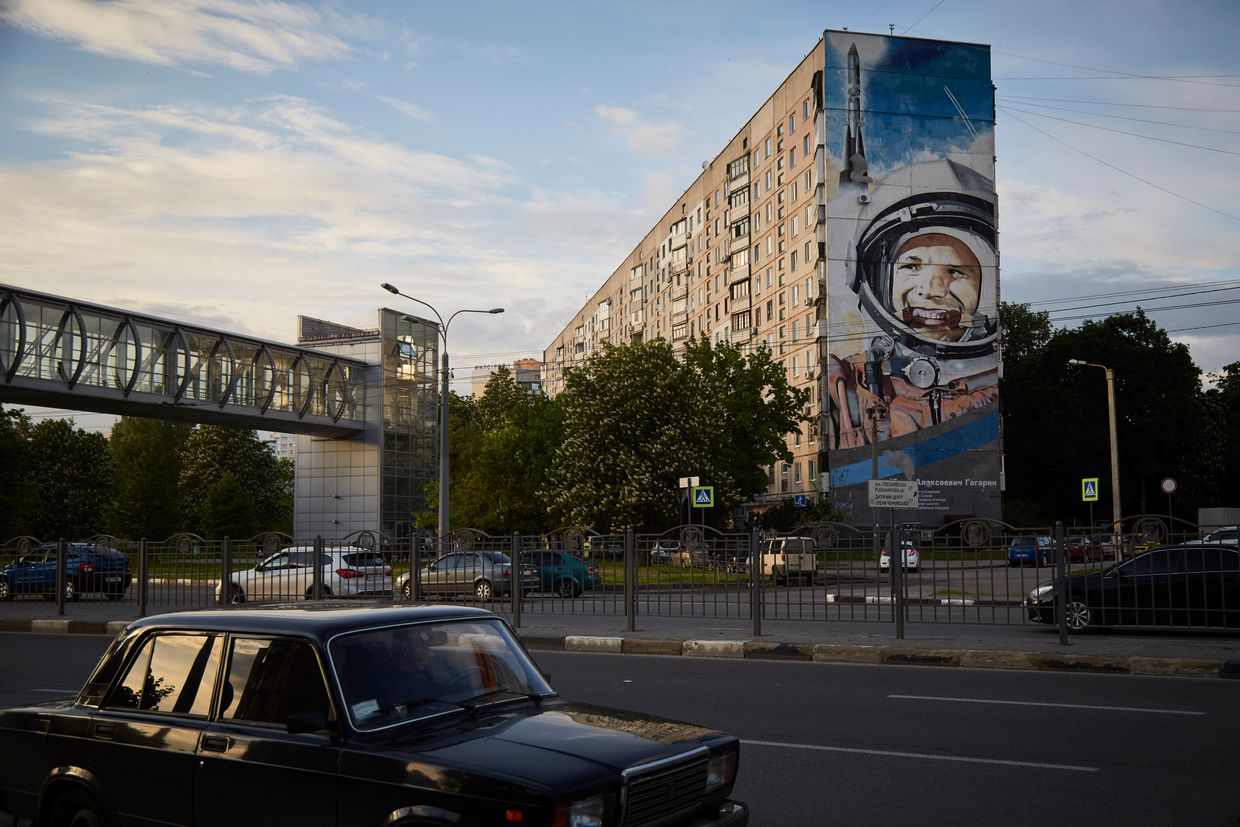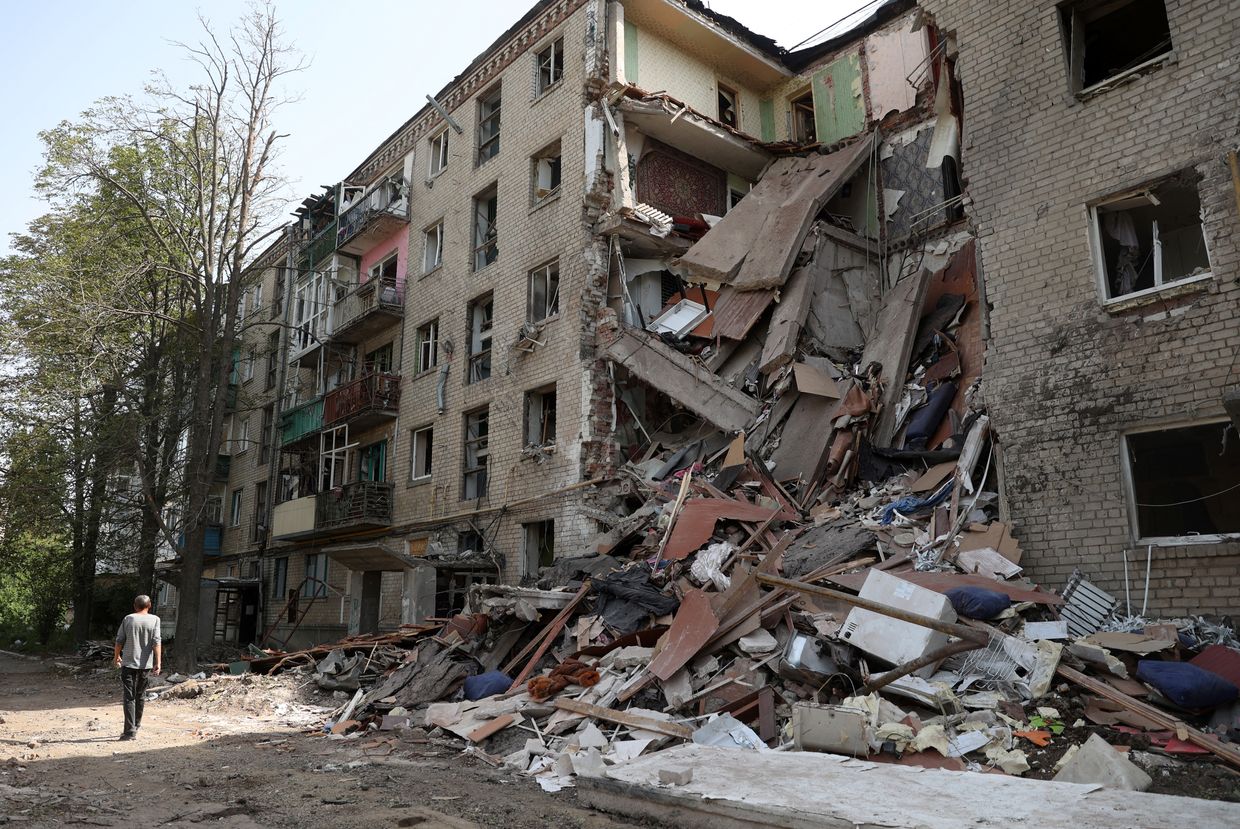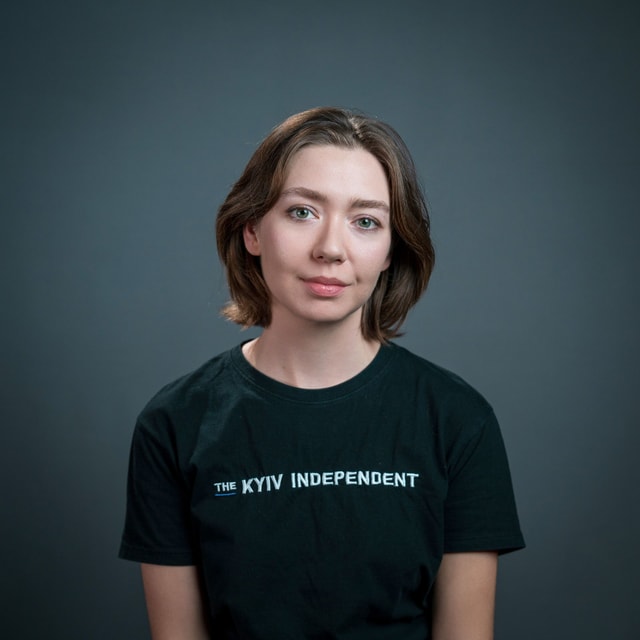Odesa's Russian street names should be renamed to avoid 'living in the past,' governor argues

Odesa Oblast Governor Oleh Kiper responded to criticism of the renaming of Odesa's streets on Aug. 2, arguing that the city now has a "historic chance to break away from imperial narratives and be a modern, culturally independent Ukrainian city rather than living in the past."
Kiper made the statement after Odesa Mayor Hennadiy Trukhanov criticized the renaming of streets on Aug. 1, claiming that Odesa City Council had "nothing to do with this."
Among 85 toponomic changes, the streets named after the Russian writers Alexander Pushkin, Ivan Bunin, and Mikhail Zhvanetsky will be renamed.
A prominent monument to Pushkin will also be dismantled as part of the plans. Statues of Pushkin were removed in Kyiv and Zaporzhzhia in the fall of 2023.
Pushkin Street will be renamed Italian Street, the street's original name before it was renamed after Pushkin in 1880.
Zhukovsky Street, named after the Russian poet Vasily Zhukovsky, is renamed Lesia Ukrainka Street after the Ukrainian poet.
Streets named after Soviet-era writing pair Ilya Ilf and Yevgeny Petrov, as well as Soviet author of Jewish descent Isaac Babel, will also be renamed under the plans. All three men were natives of Odesa.
"Based on the logic of the 'decolonizers,' we should abandon everything that made Odesa world-known," Trukhanov said.
The city council plans to take measures to "preserve our historical and cultural heritage" to cancel the plans to rename the streets, Trukhanov said.
Ukraine's parliament outlawed most Soviet and communist symbols, street names, and monuments as part of a decommunization process in 2015.
President Volodymyr Zelensky then signed a law in April 2023 that banned naming sites in Ukraine after Russian figures or historical events in response to Russia's full-scale invasion.
Odesa and its port infrastructure come under regular missile and drone attacks from Russia. A Russian drone strike in March hit an apartment building, killing 12 people, including five children.
Kiper argued that the current reality means that there is "no place for streets that honor people who received medals from the hands of (Russian President Vladimir) Putin" or "glorified the Soviet Union."
Those who want to walk through streets with Russian imperial or Soviet names can go to Moscow instead of Odesa, Kiper said.
"Odesa is and remains a Ukrainian city," Kiper said.
Odesa sits on the site of an ancient Greek settlement and a later Ottoman fortress. The area was captured by the Russian Empire in 1792. Empress Catherine II of Russia issued a decree to establish a naval harbor at Odesa in 1794.
Odesa's statue of Catherine II was dismantled in December 2022 following a vote by Odesa residents.
Shortly after coming to power, Catherine II banned teaching in the Ukrainian language at the most prominent center of Ukrainian culture, the Kyiv-Mohyla Academy, and later made Russian compulsory for all schools and church services.
Odesa's historical center was named a UNESCO World Heritage Site in January 2023. Russian missile attacks in July 2023 caused significant damage to the area, which includes the city's historic Transfiguration Cathedral.













